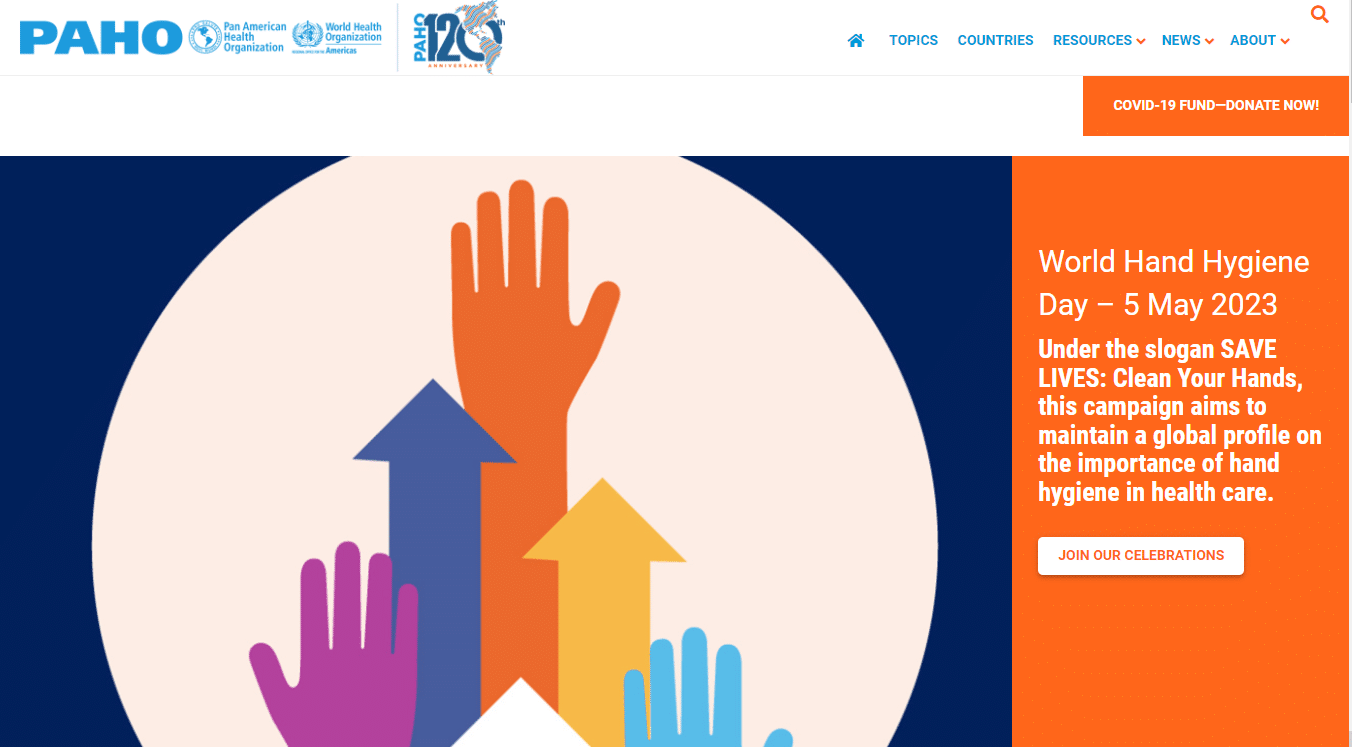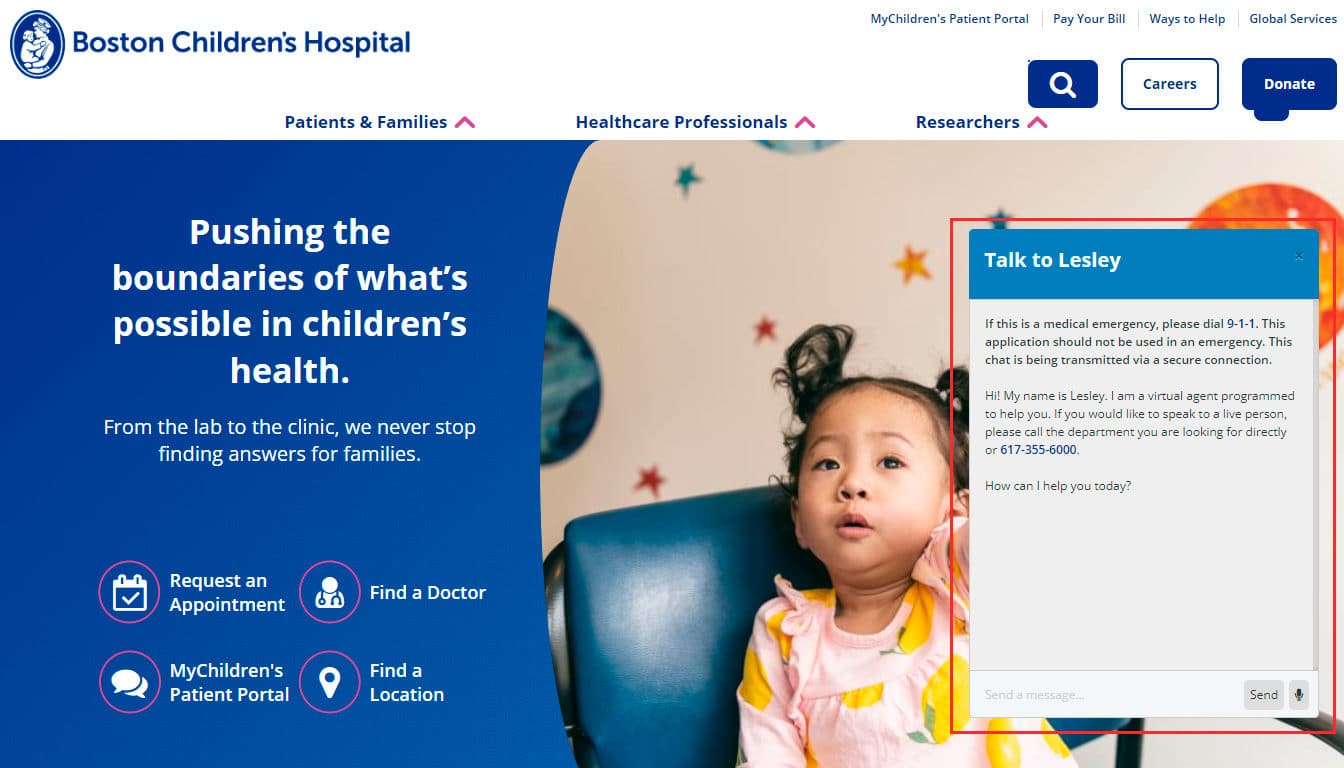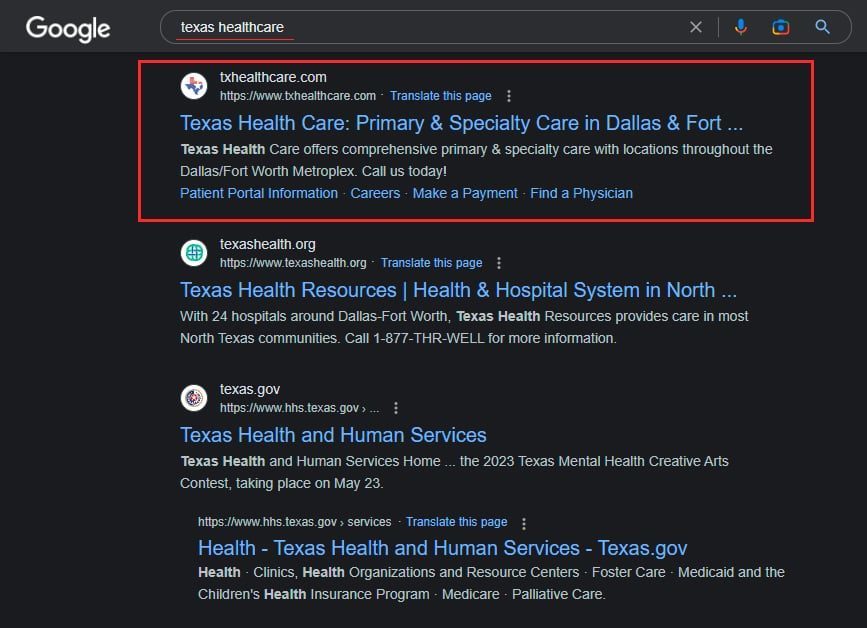Table of Contents
7 Best Healthcare Digital Marketing Strategies

Healthcare is a highly competitive industry. There are not only other small, local hospitals and offices that offer similar services to yours, but also conglomerate national-level institutions you have to compete with. In order to stand out and reach more potential clients, a comprehensive healthcare marketing strategy is key.
By building a strong presence online, you can draw new patients in, improve your relationship with them, and grow your practice. But when your expertise lies elsewhere, getting started on promoting yourself online can be a challenge. That’s why we came up with this list of effective marketing strategies for healthcare.
Let’s jump in!
Table of Contents
What Is Healthcare Marketing?
Nowadays, most medical businesses promote themselves, be it online or offline. Marketing is a similar practice across industries, but medical marketing strategies have unique purposes and regulations companies have to follow.
So, before going further, what is healthcare marketing? For a medical institution or practitioner, marketing is a strategic process of reaching people and communicating with them. The idea is to use different strategies to educate prospects and keep them engaged with the healthcare system, but the ultimate goal is to build trust in your business to acquire more patients and customers.
While being focused on performance indicators and efficient rentability, the best strategies take a multi-channel approach to reach a targeted audience that will profit from the products or services your institution has to offer. That’s why digital healthcare marketing doesn’t only benefit businesses, but also society as a whole.
Benefits of Implementing a Digital Healthcare Marketing Strategy for Your Business
Hospital marketing has changed how medical organizations communicate with their patients, and here’s how:
- People are constantly searching for health professionals online, looking up their symptoms, or seeking verified information that will aid them in their illnesses. It’s essential to have a strong online presence in order to position yourself as an authoritative source of information and appear in these organic searches.
- Businesses in the healthcare sector often have a very clear idea of the audience they want to reach, and digital marketing can help them target it much more precisely, based on factors like demographics, location, interests, age, and even search history.
- In comparison to traditional media, digital healthcare marketing strategies are cost-effective. Online channels allow you to reach larger, segmented audiences for a significantly lower cost, so you can effectively market your businesses even if you don’t have a big budget.
- You can track people’s responses to your efforts using the incredibly precise analytics that digital marketing tools offer. This will allow you to monitor your patient’s online behavior and make data-driven decisions based on that, which will give you better results.
- Digital tools allow you to monitor your campaign’s effectiveness in real-time. With this information, you can tweak your strategies as you go, constantly optimizing your efforts. Moreover, you can try out various approaches and evaluate their efficacy quickly until you find out what works best for your business.
Best Healthcare Digital Marketing Strategies
You don’t have to be a professional healthcare marketing agency or a multimillion-dollar company to set up good medical marketing strategies and reap the benefits, as there are many approaches you can follow without burning out your company’s finances.
Let’s go over them!
1. Create a Good Website
Any healthcare marketing plan has to start with a website. Nowadays, there’s a common belief that any reputable institution must have a good website with easily navigable pages so people can find you whenever they need to and access information about you, what you do, and what you stand for.
Besides becoming a traffic source, having your own site boosts your institution’s trust and credibility because potential clients can reach out and learn about you. There’s no business hour to follow: users can surf your website at any time of the day and from the comfort of their homes.
You can create a site to talk about your institution and its history, create profiles of your medical team, and add contact information in case users want to start a conversation. By having a solid channel to reach out to, you’ll improve your reputation online.
2. Work on Consistent Branding
If consumers are hesitant to buy a product or service from a company they don’t know, imagine how cautious they’ll be about trusting any that implies putting their health on the line. To draw new clients in and gain their trust easily, you should build a recognizable brand for your company and promote awareness of it.
Having a strong, easy-to-identify image reduces your cost-per-acquisition because new patients find it easier to rely on a business if they’ve already heard of it. To achieve that, determine what it is that makes your healthcare business unique. Is it the fact that you have the latest, brand-new technology? Or the quality of your customers’ or patients’ service?
Once you’ve got it, there are many ways to showcase that unique essence. For starters, you can use the same brand colors and typography in every communication. But most importantly, find your voice, the one that perfectly reflects your personality and represents your brand in the best possible light.
As you can see, branding is a fundamental healthcare marketing strategy. If you drive your hospital marketing efforts into creating a strong, unique brand design, it’ll be easier for potential clients to recognize you and remember your organization’s name.
3. Leverage Social Media
For patients and customers, social media is an important source of information. Just like a website, if users can’t find you on social platforms, chances are they won’t believe your business is very serious at all. But beyond that, these channels are key to any healthcare marketing strategy because they help attract potential customers and build stronger relationships with them.
Healthcare social media isn’t just a place to keep people up-to-date on what’s happening in your hospitals; you can also use your profile to build a community. For example, you can share testimonials so your followers can learn from others who’ve experienced the same things, or offer your message inbox as a channel for comfort.
By working to build a community around your social media accounts, you won’t only be improving their favorability towards you, but also the quality of your customer care, which is one of the most important goals of marketing strategies for healthcare.
Having sickle cell disease can be stressful for the entire family. Meet KD, a parent of a child with sickle cell disease, who shares her family’s approach to ensuring her child has all the opportunities for living a full and active life. https://t.co/4cMxRlvg3S pic.twitter.com/XGhZ3f00aM
— Seattle Children’s (@seattlechildren) April 25, 2023
4. Create Authoritative Content
Typically, before deciding on a specific healthcare provider or taking a new treatment, people will research the benefits of the procedure, the quality of the care you offer, and the risks they may incur.
That’s why one of your healthcare marketing strategies needs to be about offering quality content that draws potential customers in. By providing relevant and insightful information on medical topics, you can establish your institution as an expert in your field and help patients make informed decisions about their health and well-being.
For instance, you can share news about the latest developments in the field, or offer effective advice on how to avoid certain illnesses.
Effective content marketing will expand your brand’s presence and showcase your unique knowledge, drawing prospects in and helping you gain trust and build authority among your peers.
Understanding headache triggers can help you avoid one in the future. Here’s a look at the most common triggers for each kind of headache. #HarvardHealth https://t.co/vUgLg52WNY
— Harvard Health (@HarvardHealth) April 25, 2023
5. Use Chatbots to Improve Customer Experience
Another digital marketing tool that has deeply changed the way businesses and customers interact is chatbots. With automated replies and by offering personalized care 24 hours a day, they’ve become a valuable asset in improving the customer experience, making medical processes more efficient, and improving the effectiveness of healthcare marketing strategies.
Chatbots can be used for a wide variety of purposes, from providing automated assistance to patients to scheduling appointments and even delivering basic medical advice. You can also leverage automation tools to offer a personalized experience to patients, doing things like easily reminding them of appointments.
Nowadays, chatbots and other automation tools are easy to implement. But you have to complement them with human communication channels, as people will want to talk with a person at some point.
6. Work on Link Building
Link building is a practice that aims to get other websites to link to pages of your own site. High-quality backlinks generate traffic from other pages to your website, build authority, enhance your visibility, and improve your search engine rankings because they’re proof of your online reputation.
Google partnered with Compete, Inc. to carry out a study to understand what guides patients when searching for a hospital online. It was found that, compared to other channels, search engines drive three times more visitors to hospital sites, making them a must-have healthcare marketing strategy.
An important aspect of medical marketing is making your institution easy to find, while also showcasing it as a reliable source of health information.
Building backlinks can push your website to the top of the SERPs and show prospects that respected organizations or figures value your content enough to link to it on their own websites, gaining credibility.
7. Focus on Local SEO
Good SEO practices help you position your medical business or hospital network at the top of search engine results. You probably already know that by using the right phrases and keywords, Google can understand your website’s content and show your site to users looking for those phrases. With local SEO, you use keywords specific to your area of business and add a geographic term that narrows down your location.
Having a Google My Business profile can further reinforce your healthcare digital marketing strategy, as it helps Google identify your exact location and show your business to people in that area.
Local search engine optimization is a strategy that can be a game-changer for any healthcare marketing plan. By focusing on a local SEO strategy, you can improve the quality of your online traffic and get people from within your area of business to reach you.
Wrapping Up
Healthcare is an area subjected to constant evolution: new discoveries are made, technology is improved, and now there’re new ways to reach your patients. Rapid changes require focus on the world around you, and the ability to adapt quickly.
Luckily, with effective healthcare marketing strategies, professionals can reach and interact with their audiences in ways never before possible, enhance the patient experience, increase their consumer base, improve retention of existing consumers long-term, and improve loyalty in your healthcare community. It’s just a matter of taking the first step!








